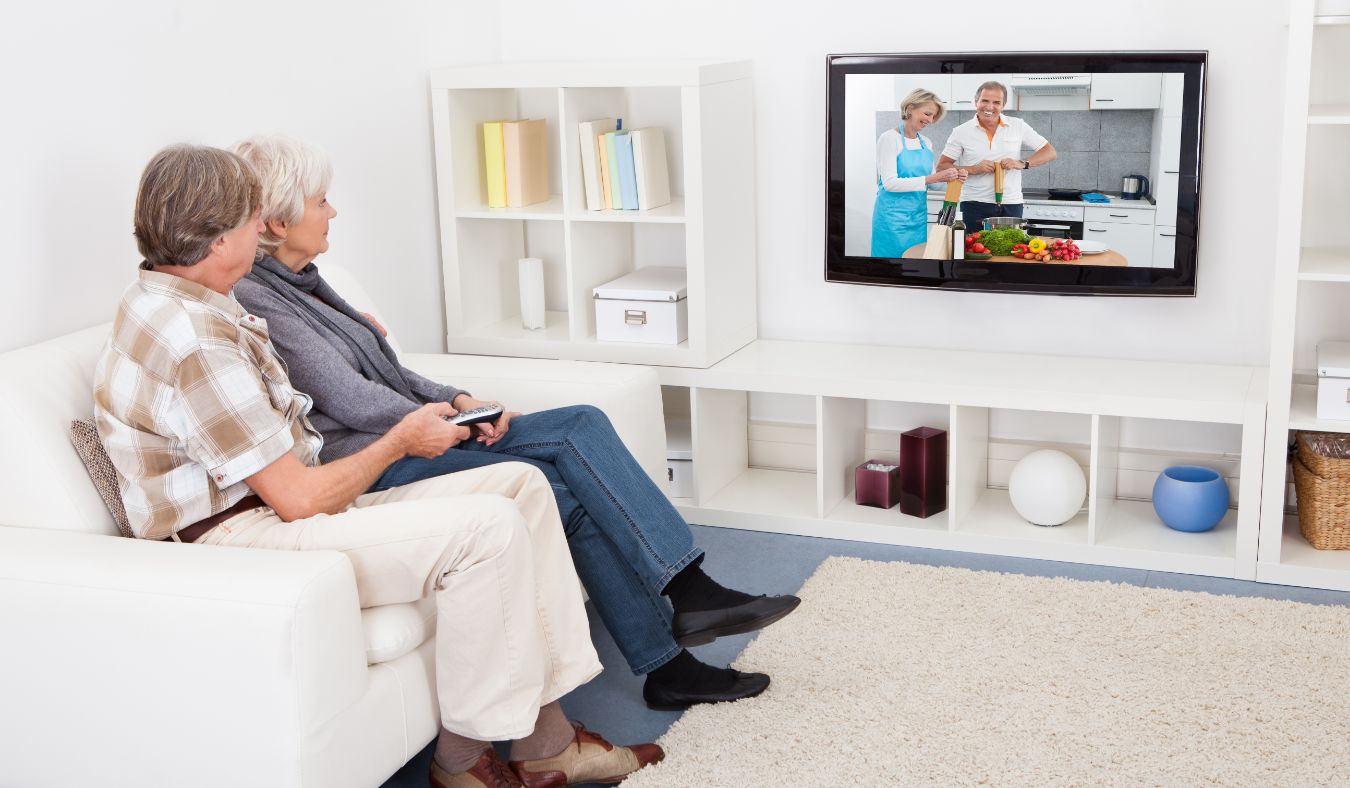Have you ever wondered what types of support systems are available for individuals with hearing loss? You may be surprised to learn about the variety of resources and technologies out there designed to help improve the quality of life for those with hearing impairment.
Understanding Hearing Loss
Before we dive into the different support systems available, let’s first take a moment to understand what hearing loss is and how it can impact individuals.
Hearing loss is the partial or total inability to hear sounds. It can range from mild to profound and can affect one or both ears. Individuals with hearing loss may have difficulty understanding speech, following conversations, or hearing certain sounds.
Types of Hearing Loss
There are three main types of hearing loss: conductive, sensorineural, and mixed. Each type of hearing loss affects different parts of the ear and requires different treatment options.
Conductive hearing loss occurs when sound waves cannot reach the inner ear due to blockage or damage in the outer or middle ear. Sensorineural hearing loss is caused by damage to the inner ear or auditory nerve and is often irreversible. Mixed hearing loss is a combination of both conductive and sensorineural hearing loss.
Support Systems
Now that we have a better understanding of hearing loss, let’s explore the various support systems available to help individuals with hearing impairment navigate their daily lives.
Hearing Aids
Hearing aids are small electronic devices that are worn in or behind the ear. They are designed to amplify sound and improve overall hearing. Hearing aids come in various styles and sizes to accommodate different degrees of hearing loss.
These devices can help individuals hear conversations more clearly, particularly in noisy environments. In recent years, technological advancements have made hearing aids more discreet and user-friendly.
Cochlear Implants
Cochlear implants are surgically implanted devices that bypass damaged portions of the ear and stimulate the auditory nerve directly. They are typically recommended for individuals with severe to profound sensorineural hearing loss who do not benefit from hearing aids.
Cochlear implants can significantly improve speech understanding and quality of life for individuals with severe hearing loss. However, they require a surgical procedure and extensive rehabilitation to optimize their benefits.
Assistive Listening Devices
Assistive listening devices are designed to improve communication in specific situations, such as watching television, talking on the phone, or attending lectures. These devices work by amplifying sound and reducing background noise for the listener.
Common types of assistive listening devices include FM systems, infrared systems, and loop systems. These devices can be used in conjunction with hearing aids or cochlear implants to enhance the listening experience further.
Captioning Services
Captioning services provide text displays of spoken words in movies, television shows, public events, and online videos. They are especially helpful for individuals with hearing loss who rely on visual cues to understand spoken language.
Real-time captioning, also known as CART (Communication Access Realtime Translation), provides immediate transcriptions of spoken words in live settings. Closed captions on TV programs and online videos offer written descriptions of dialogue and sound effects.
Communication Tactics
Effective communication tactics play a crucial role in supporting individuals with hearing loss. Simple strategies such as facing the person when speaking, speaking clearly and slowly, and using visual cues can greatly enhance communication for individuals with hearing impairment.
It is important for family members, friends, coworkers, and healthcare providers to be aware of these communication tactics and be willing to make adjustments to ensure effective communication with individuals with hearing loss.
Support Groups
Support groups provide a valuable source of emotional support and practical advice for individuals with hearing loss. By connecting with others who share similar experiences, individuals can find comfort, encouragement, and motivation to overcome the challenges of hearing impairment.
Support groups may meet in person or virtually and often include discussions, presentations, and social activities. They are an excellent way for individuals with hearing loss to learn from others, share resources, and build lasting friendships.
Audiological Services
Audiological services play a crucial role in supporting individuals with hearing loss from diagnosis to treatment. Audiologists are healthcare professionals who specialize in diagnosing and treating hearing and balance disorders.
Audiological services include comprehensive hearing evaluations, hearing aid fittings, cochlear implant evaluations, auditory processing assessments, and counseling for individuals and their families. These services are essential for individuals with hearing loss to receive customized care and support.
Conclusion
Support systems for individuals with hearing loss are diverse and multifaceted, ranging from technological devices like hearing aids and cochlear implants to communication tactics and support groups. By utilizing these resources and services, individuals with hearing impairment can enhance their quality of life, improve communication, and connect with others in meaningful ways.
If you or someone you know is experiencing hearing loss, it’s essential to explore the various support systems available and seek professional guidance from audiologists and hearing healthcare providers. Remember, you’re not alone in this journey, and there are resources and support systems ready to help you navigate the challenges of hearing impairment.




